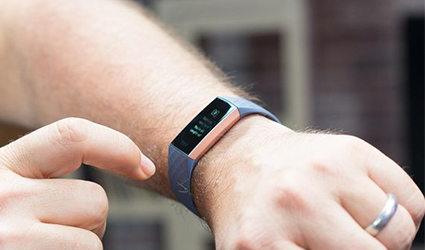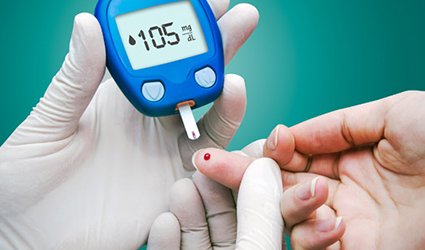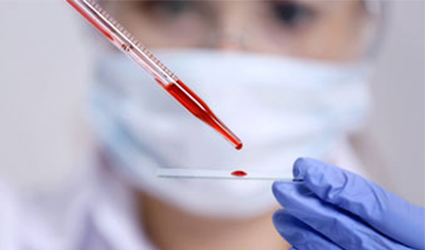Sleep deprivation can also leads to lack of concentration, followed by accidents. Lack of sleep is equally as dangerous as the excessive drinking. It is easier to estimate the level of alcohol intoxication. But is there any instrument or test to predict the level of tiredness due to sleep deprivation?
Recently, the scientists from the Sleep Research Centre at the University of Surrey in the United Kingdom have developed a blood test to predict the sleep deprivation level. This 92 percent accurate prototypical test led by Prof. Derk-Jan Dijk, has been published in the journal named Sleep.
The research team found that the expression of around 68 genes got affected due to lack of enough sleep, by experimenting on the blood sample of 36 participants who skipped one night sleep. Hence, the biomarkers of sleep deprivation can be evaluated with the help of this blood test.
Professor Simon Archer, the co-author of this study, said "The very existence of such biomarkers in the blood after only a period of 24-hour wakefulness shows the physiological impact a lack of sleep can have on our body."
Prof. Derk-Jan Dijk said, "This is a test for acute [1 night's] total sleep loss; the next step is to identify biomarkers for chronic insufficient sleep, which we know to be associated with adverse health outcomes."
The post Novel blood test to detect sleep deprivation appeared first on Drugdu.com
from Drugdu https://goo.gl/QgQoHk




